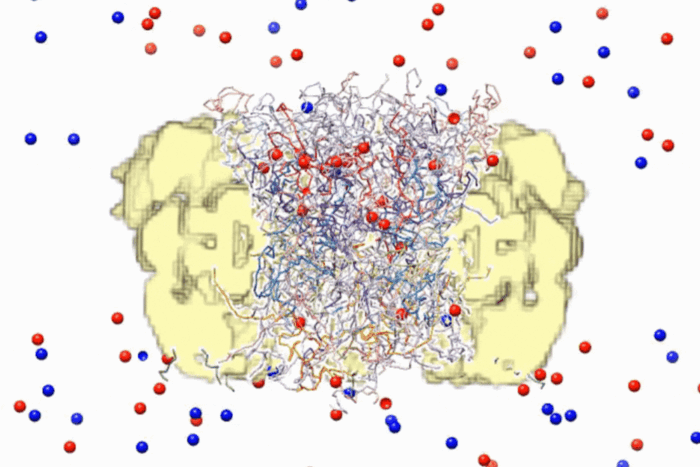Single stressful events bring about gradual change in brain structure
Commuting is never fun, and is almost always stressful, in part because we often have no control over what happens to us. But everyday we get in our car, or board the train or bus, and make our way to work, having become accustomed to this stress, not realizing that this stress may have a measurable affect on our brain.
Although we do not yet know if this is the case for humans, new research in rats from the laboratory of Rockefeller University’s Bruce McEwen, Ph.D., shows that chronic, uncontrollable stress of repeated confinement leads to gradual changes in brain structure over weeks. Yet, even a single acute stress of putting a rat in a tube where it cannot move freely also causes a structural change in the brain, not immediately but over days, along with higher levels of anxiety. These results may help scientists understand what is happening in the human brain during post-traumatic stress disorder and other anxiety disorders and depressive illness.
In earlier studies, McEwen and colleagues had looked at changes in the hippocampus and the prefrontal cortex, areas of the brain that respond to repeated, confinement stress and which are important in memory storage and retrieval. Turning to a different area of the brain called the amygdala, which is thought to play a role in fear and anxiety memories, they wanted to see if it too was involved in processing stressful experiences. Indeed they found that repeated stress increased anxiety as well as a form of aggression.
“Understanding how the whole nervous system functions, how the different areas of the brain interact, is vital to understanding the neurological basis of depressive illness and anxiety disorders,” says McEwen, who is the Alfred E. Mirsky Professor and head of the Harold and Margaret Milliken Hatch Laboratory of Neuroendocrinology at Rockefeller. “And we knew of some evidence that the neurons in the amygdala are more active in depression and anxiety disorders.”
“The new paper, conducted in collaboration with Dr. Sumantra Chattarji’s laboratory in Bangalore, India, and MIT, shows that even a single stressful event in these animals can have a measurable and delayed influence on the architecture of their brains, and on their behavior,” adds McEwen. “We would like to think that these findings might become relevant in understanding conditions like post-traumatic stress disorder and depression.”
The follow-up of this paper is under investigation in collaborative studies with investigators at the Weill Medical College of Cornell University, Mt. Sinai School of Medicine and New York University under a National Institute of Mental Health Conte Center Grant for the Neurobiology of Fear and Anxiety. Further studies in the McEwen lab seek to understand the cellular and molecular mechanisms for these changes, including the role of stress hormones.
The research, published in the June 28 issue of the Proceedings of the National Academy of Science, was supported by The Wellcome Trust.


